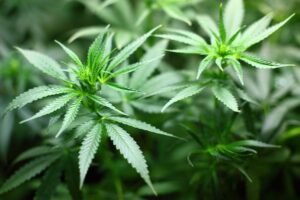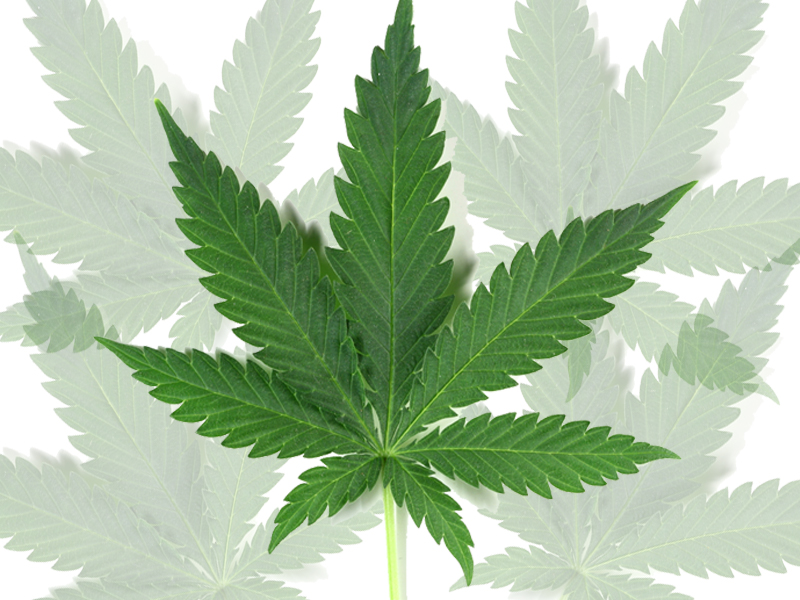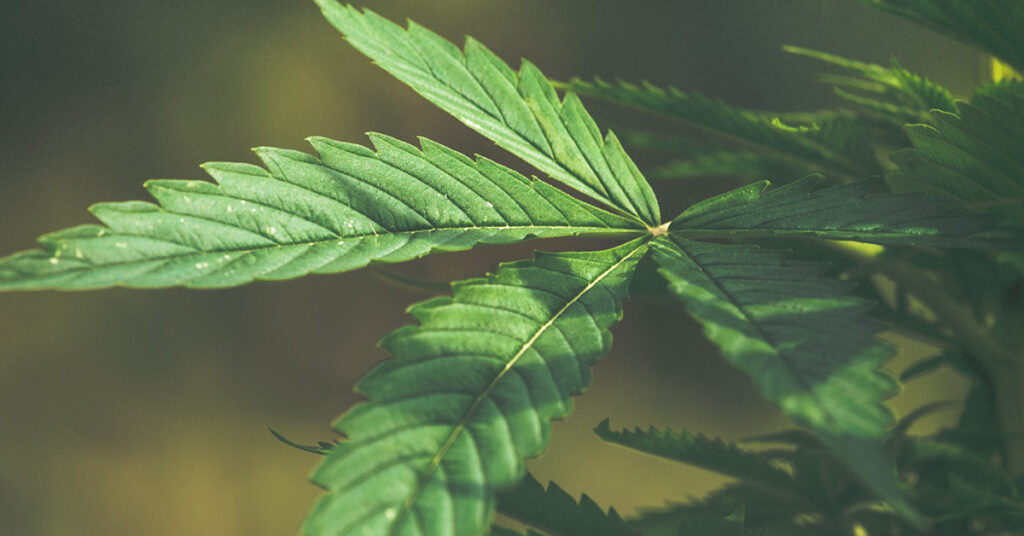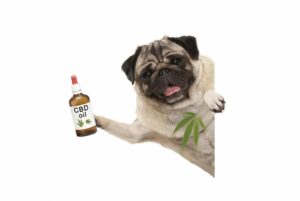Balancing Corporate & Homesteading Lifestyles
What’s In The Bottle?

If you haven’t noticed already, CBD is a booming business. Experts are predicting the industry to triple in 2020 so everyone and their brother are jumping on the bandwagon. New products are appearing on the market every day. This is good and bad. Good because hemp is a versatile and amazing plant that has a long, long list of uses but bad because the industry is currently unregulated and the market is being flooded with unregulated products. Some are high quality while others are misrepresented and many consumers are having a hard time distinguishing between the good and the bad.
It’s human nature to believe the label of any product and for the most part we should because there are industry standards and regulations insuring their accuracy. Right now this is NOT the case with CBD products. It’s the wild west and the labels can say just about anything and no one is monitoring their accuracy. I find this disturbing because many companies are jumping into CBD because they see it as a new cash cow with no regard to the product or consumer. Pure, high quality CBD is not cheap. It’s affordable but not cheap. If you find a very inexpensive bottle of CBD, red flags should go off and you should question what is actually in the bottle.
Recently an old friend reached out to me and asked whether a particular CBD salve he has been using was good. It was a company that I’ve never heard of (as there are many). After going to the web site and looking at the posted lab results, there was nothing available for the salve so I sent an email to customer service asking if they had one available. They responded with a potency analysis showing the CBD content. After looking at the report, so much info was not on there and none of my questions were answered. I sent a follow up email with a few more questions. I must say, it was one of the unfriendliest customer service response that I have dealt with. My impression was my questions were not much appreciated.
From the email exchanges, I learned that the company products are not certified organic but they utilize organic growing practices. “Interesting,” was my thought but meaningless information because I have no idea what they deem “organic” practices.

So, what does all this mean? I can only presume, but after looking at their site and exchanging a few emails with their customer service, I saw quite a few red flags.
- Not an issue in itself but it’s odd that the salve Certificate of Analysis (COA) was not posted. All the other products were posed as far as I could tell.
- Again not an issue in itself, but their customer support was very curt and unfriendly which would have sent me elsewhere had I been an actual potential customer. The interactions left me with a feeling that the company did not like questions. They did not ask what I was looking for or any of the usual things that a friendly helpful customer service would normally do. If I was truly looking for help in understanding their products, they were not going to give it to me easily.
- Initially I was sent a COA for potency only. I then asked if they had a COA for purity (definitely not making friends here). I received this COA which included heavy metals. An interesting note: The heavy metal contents were not part of the COAs posted on the web site. In comparison to the heavy metal contents of Kannaway’s products, the levels of arsenic and lead were a a lot higher in this particular salve. (Note: there will always be low levels of these heavy metals in the soil – learn more about arsenic in the soil or to learn more about lead in the soil.)

Organic vs. Conventional Hemp
The biggest difference between the two is in fact the certification. Unlike organic, the conventional hemp doesn’t undergo the same inspection and does not have to follow the long list of necessary guidelines in order to meet certified organic standards.
Despite its lack of certification conventionally grown hemp oil isn’t necessarily bad for you. Sticking to organic hemp oil however means you can be sure your getting all the vitamins, nutrients, and amino acids without any added toxins. Additionally, conventionally grown hemp contains a higher risk of contamination. As a bioaccumulator, it has drawbacks: If a hemp plant that is used in production of CBD oil was cultivated in a land that is rich in heavy metals such as mercury and lead, the resulting oils will also reflect the amount of heavy metals absorbed by the plant, making it unsafe for humans to consume, especially children or others who are extremely vulnerable to toxins.
So, what does all this mean? From my perspective it means there are too many unanswered questions and not enough information to determine whether this is truly a good product and for that reason alone, I would avoid it. The CBD industry is highly competitive with many products available, so the real question is how do you choose?

How to choose your CBD
- The first and foremost suggestion is do your research! Ask questions and ensure your questions as asked are answered.
- A company’s transparency speaks volumes! Companies producing high quality products are very proud of this and are fully transparent. If you choose “transparency” as your starting point, then you will be able to eliminate companies with inferior products right off the bat!
- What constitutes transparency? Current COAs completed by an independent lab, available for every product, which includes potency and purity. Look for non-GMO and organic and ask questions if the information is not clear. These independent labs exist to ensure that CBD oil is everything it claims to be, with a high level of CBD, low THC, and lacking in impurities that can be harmful to consumers.
- A company’s transparency speaks volumes! Companies producing high quality products are very proud of this and are fully transparent. If you choose “transparency” as your starting point, then you will be able to eliminate companies with inferior products right off the bat!
- Read the COA to ensure it represents the product you are researching.
- Reputable companies will provide a certificate of analysis showing their product has been lab tested and should show:
- 0.3% THC or less;
- CBD per milliliter and per bottle;
- Free of contaminants like pesticides and heavy metals;
- Free of residual solvents;
- Free of bacteria, yeast and mold.
- Reputable companies will provide a certificate of analysis showing their product has been lab tested and should show:
- Look for products with a CO2 extraction method. Carbon dioxide is used under high pressure and low temperatures to assure the purity of the product;
- Products with coconut oil or olive oil base for maximum absorbability;
- Products should be free of alcohol;
- Good customer service is another sign of quality CBD oil, so check in and get them to help you if you have questions.
- Do not rely on product labels alone! Since there are no regulations, labels are not necessarily accurate and in fact most aren’t. The COA will evidence the actual contents, which is why its important that the COA match the product and be current.
- Do not buy for price alone! If you come across an inexpensive CBD product at a local gas station, convenience store or anywhere, think twice. You do not know what it is you’re buying.

Conclusion
There are a lot of quality products on the market there but there are also a lot more that are inferior. Some actually do not contain any CBD or the CBD is synthetic and others say THC free and actually have THC. For anyone subject to drug testing, this is critical! As a CBD Educator, my goal is to promote and educate the benefits of quality pure CBD. You may find your own source after doing research and that’s great. After a lot of long research I chose Kannaway products because it is a reputable and well established company. Our parent company, Medical Marijuana Inc. was established in 2009. It is not a ‘fly by night’ jump on the bandwagon company. It is a company of firsts and has set the industry standards. The company, along with Kannaway has total transparency.
Our CBD hemp oil is sourced from hemp grown in Northern Europe free of pesticides, herbicides, or chemical fertilizers. Because hemp grows quickly and efficiently, sometimes producing two or more harvests a year, and uses very little water, it is environmentally sustainable crop with a number of used beyond CBD supplements. Although some argue that US grown hemp is better, when you compare the European standards to the US, Europe’s standards are much stricter.

Kannaway’s hemp oil is put through a stringent Triple Lab Tested™ process to ensure its safety and reliability. Our oil is first tested following harvest, and then again by an ISO/IEC 17025:2005 accredited lab after import into the U.S. The final stage of testing comes after our products are manufactured to check for potency and any possible contamination to provide only products you can trust.
In the end, I know where the hemp is from, I the products I am using are triple lab tested by an independent lab, and I know exactly what is in each bottle or product. CBD is an investment in your health, why take chances.
For more information on CBD or the products that I offer visit our web site or contact us.



